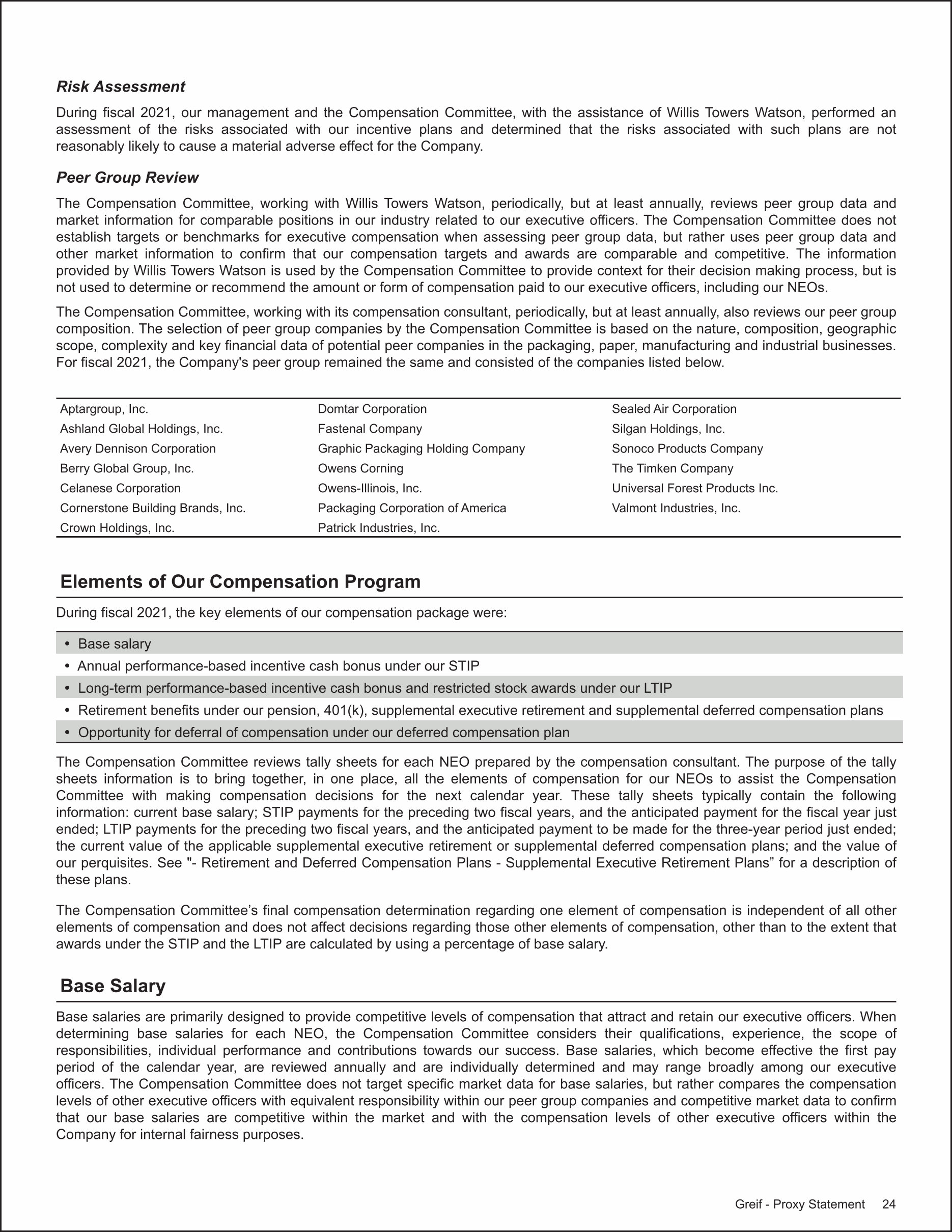
A finance coach can offer you a fresh perspective on your financial situation. If you've read books, watched YouTube videos, or listened to podcasts about budgeting, but you're still stuck and don't know where to turn, a finance coach can offer you a different perspective and guide you through the process.
Behavioral finance
Behavioral finance, a rapidly growing field in investment, is becoming more and more popular. It examines the principles of behavior as well as the link between goals and behavior. A behavioral finance coach, a financial adviser who is trained in this area of study, is called a behavioral finance expert. They can help improve your communication with prospects and clients. The key to behavioral finance is understanding how to present your messages correctly. Understanding how clients process information will help you craft better messaging that incorporates their emotions.
Behavioral finance is designed to assist people in making better financial decisions. It aims to understand the reasons why people make certain decisions and what influences those decisions. It also addresses the impact of our own biases and unconscious tendencies on the financial markets. These concepts can help individuals make better financial decisions, which in turn will affect the economic market.

Financial coaching for individuals
Personal financial coaching is a way for individuals to reach their financial goals. It can also help them improve their financial health. A coach will analyze your spending habits to recommend new ways of tracking income and expenses. They can also serve as accountability partners, helping clients recover from debt and become more financially secure. In some cases, a coach will also suggest financial education and plans to save for major financial goals.
A financial coach can help you create a budget, reduce your debt, set aside money for emergencies, and even plan for retirement. They meet with their clients on a weekly basis or every other Wednesday for six months to an year. They will help you learn how to best manage your finances and save for the future.
Financial advisor versus personal financial coach
Financial advisors can help clients reach their financial goals and specialize in long-term planing. Personal financial coaches often meet with clients before they meet with an advisor and help them work through financial decisions. These coaches can help clients with healthcare, tax planning, and estate planning. Financial coaches can provide ongoing portfolio analysis and advice.
To attract new clients, a financial coach should have strong sales skills. They market themselves using traditional advertising and social networking. In addition, they must establish their credibility by hosting seminars and getting quoted in financial publications. Additionally, financial coaches should be people-oriented.

Cost of hiring a financial coach
It is an excellent way to improve your finances, but it can be expensive. The cost of coaching can range from $200 to $2,000 per month for three to five sessions. The best thing is to hire a financial advisor.
Many small business owners find it difficult to manage cash flow or pay expenses. A high bank balance can mean that your company isn't thriving. A financial coach is able to help you cut costs, make savings, and keep your company afloat. Schumm helped one couple eliminate $45,000 of debt, increase revenue from $250,000-$350,000 in a single year.
FAQ
How do I choose a consultant?
There are three key factors to be aware of:
-
Experience - How experienced is this consultant? Are they a beginner, intermediate, expert, or some other level? Do her qualifications and knowledge show on her resume?
-
Education – What did the person learn in school? Did he/she study any relevant courses after graduating from high school? Are we able to see evidence of his/her learning through the way he/she writes
-
Personality: Do you like this person or not? Would we prefer him/her working for us?
-
These questions help to decide if the consultant suits our needs. If the answers to these questions are unclear, it might be worth a first interview to get more information about the candidate.
What contracts are available for consultants?
Most consultants sign standard employment agreements when hired. These agreements define the terms of the agreement, including how long the consultant is expected to work for the client as well as what he/she should be paid.
Contracts specify the area of expertise that the consultant will specialize in and the amount they will be paid. For example, the agreement may say that the consultant will provide training sessions, workshops, webinars, seminars, etc.
Other times, the consultant simply agrees to complete specific tasks within a specified timeframe.
Many consultants also sign independent contractor agreement in addition and standard employment agreements. These agreements allow the consultant freedom to work without being paid.
Is it possible for a consulting business to be run from home?
Absolutely! Many consultants do this already.
Freelancers often work remotely through tools like Skype and Trello, Basecamp, Basecamp, Dropbox, and Slack. So they don't miss company perks, freelancers often make their own office space.
Freelancers might prefer to work in libraries or cafés, rather than traditional offices.
Some choose to work remotely because they are surrounded by their family.
While working remotely has its advantages, it also comes with some disadvantages. It is worth it if you love your work.
What can I expect of my consultant?
When you choose your consultant, they should respond within a few working days. They will request information about your company including its mission and goals, products, services, budget, and other pertinent details. After that, they will send you a proposal detailing the scope of work, expected time frame, fees and deliverables.
If all goes well, the parties will then negotiate a written agreement. The terms of the contract will depend on the type of relationship between the two parties (e.g., employer-employee, employer-independent contractor).
If everything goes smoothly, the consultant can begin work immediately. The consultant will have access your internal documents and resources. Additionally, you'll have access their skills and knowledge.
You shouldn't assume, however, that every consultant is an expert in all areas. It takes time and practice to become an expert on any subject you consult. Do not expect your consultant to be an expert in every aspect of your business.
What does it mean to be a consultant?
Consultants are people who provide services to others. It's not just a job title; it's a role where you help others achieve what they want from life. This involves helping them to understand their choices and making the right choices.
Consultants have the ability to solve any problems or challenges that may arise from projects. They can provide guidance and advice on how to implement the solutions.
Consultants should be able and willing to answer any questions regarding business, technology or finance, leadership, strategy, customer service, legal, management, leadership, management, law, management, law, procurement, legal, marketing, human resources, etc.
What are the advantages of being a consultant?
Consultants are able to pick when and where they want to work.
This means that you can work when you want and wherever you want.
This allows you to easily change your mind and not worry about losing your money.
Finally, your income can be controlled and you can set your own hours.
Why should consultants be hired?
There are many reasons you might need to hire a consultant.
-
Perhaps your company has a specific problem or project you need to address
-
You want to improve your own skills or learn something new
-
It is important to work with an expert on a subject area
-
There is no one else available to handle the task
-
Feel overwhelmed by all the information available and don't know where you should start
-
It's impossible to afford to hire someone full-time.
The best way to find a good consultant is through word of mouth. Ask around if anyone knows any reputable consultants. If you are already acquainted with someone who works as an advisor, ask them for recommendations.
If you're interested in using online directories, such as LinkedIn, you can use the "Search People” feature to find consultants near your location.
Statistics
- "From there, I told them my rates were going up 25%, this is the new hourly rate, and every single one of them said 'done, fine.' (nerdwallet.com)
- Over 50% of consultants get their first consulting client through a referral from their network. (consultingsuccess.com)
- On average, your program increases the sales team's performance by 33%. (consultingsuccess.com)
- According to statistics from the ONS, the UK has around 300,000 consultants, of which around 63,000 professionals work as management consultants. (consultancy.uk)
- Over 62% of consultants were dissatisfied with their former jobs before starting their consulting business. (consultingsuccess.com)
External Links
How To
What Does A Typical Day For A Consultant Look Like?
Your work type will determine the length of your day. You will be spending time researching, planning new ideas, meeting with clients, and creating reports.
Clients will often meet with you to discuss their problems. These meetings can be held over the telephone, online or face-to face.
You may also be asked to prepare proposals, which are documents outlining your ideas and plans for clients. You will need to discuss these proposals with a mentor or colleague before you present them to clients.
After all the preparation and planning, it's time to actually create some content. For example, you could be writing articles, designing websites, creating videos, editing photos, or conducting interviews.
It depends on the project's scope, you might need to do some research to collect relevant statistics. You might need to determine how many customers you have, and whether they buy more than one product.
Once you have gathered enough information, it's time to present your findings to clients. Your findings can be presented orally or written.
After your initial consultation with clients, you need to keep in touch. For example, you might call them periodically to see how things are going or send emails asking them to confirm that they received your proposal.
This is a long process that can take some time. However, it is crucial to stay focused and to maintain good relationships.